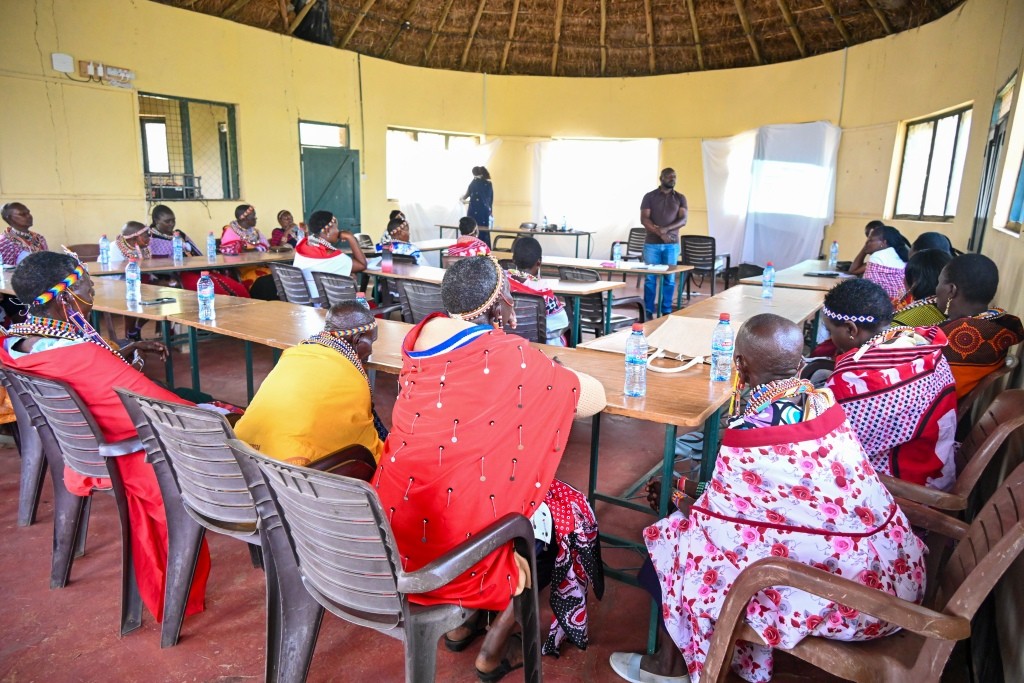
Breaking Barriers through Education
Our work with the local girls’ school at Il Polei is at the heart of our mission. By investing a portion of our beadwork and ecotourism income, we help fund educational opportunities for young Maasai women. We are proud to support girls in completing their studies, helping them avoid early marriages and empowering them to become leaders of their own futures.
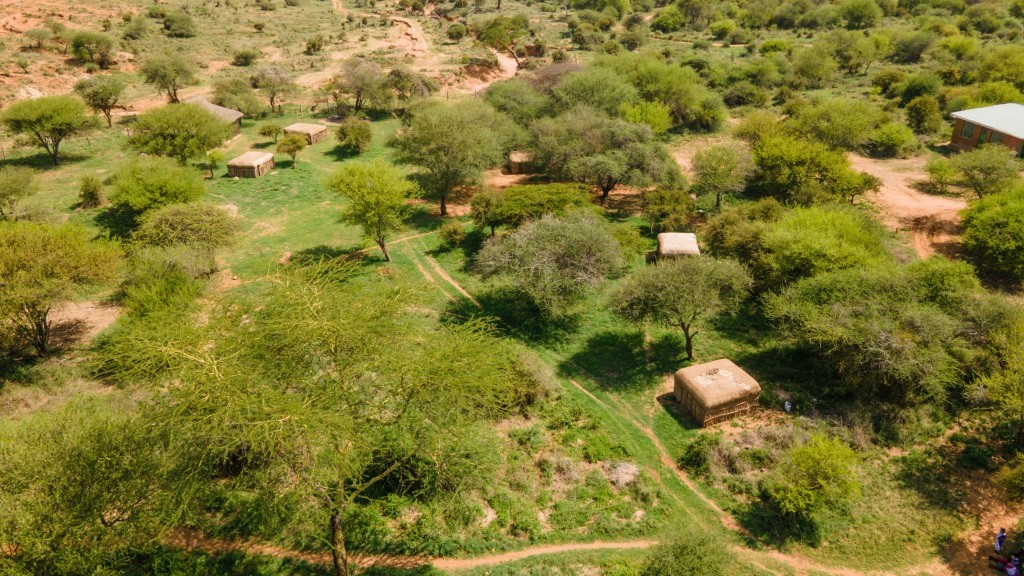
A Safe Haven for Vulnerable Girls
We provide a refuge for abused and vulnerable girls in our community. Within our manyatta, we offer these young women a safe space to heal, grow, and continue their education, ensuring they are protected and nurtured. We also extend our support to elderly women with no other source of income, providing care and ensuring they live with dignity.
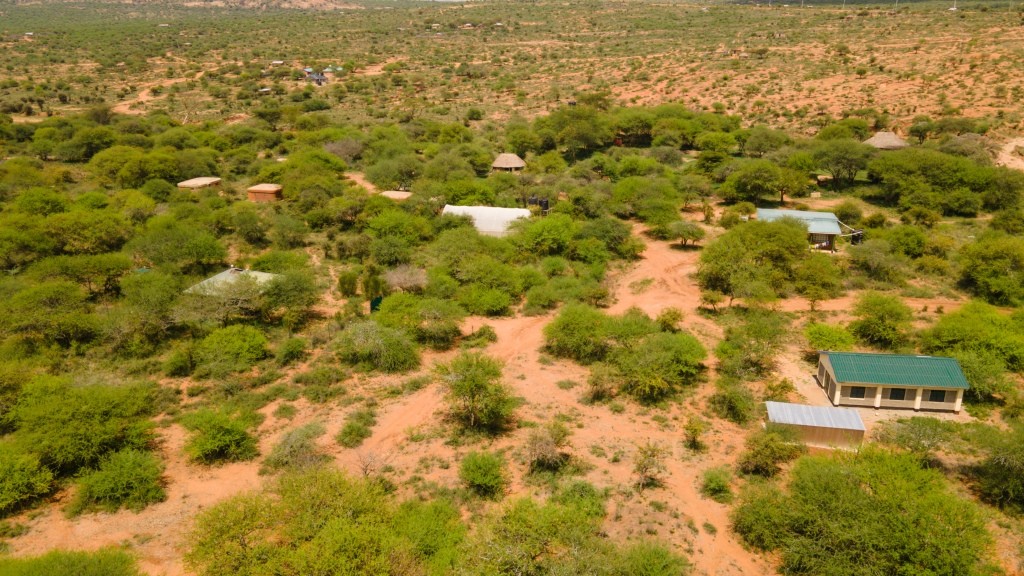
A Model for Sustainable Living
The semi-arid Laikipia ecosystem is our home, and we are committed to living in harmony with it. Our enterprises, from aloe and honey production to ecotourism, are designed to be sustainable. We care for our land and the wildlife that share it with us. Our baboon walks and cultural tours educate visitors on our traditions and the importance of coexistence, ensuring the preservation of our natural heritage for generations to come.
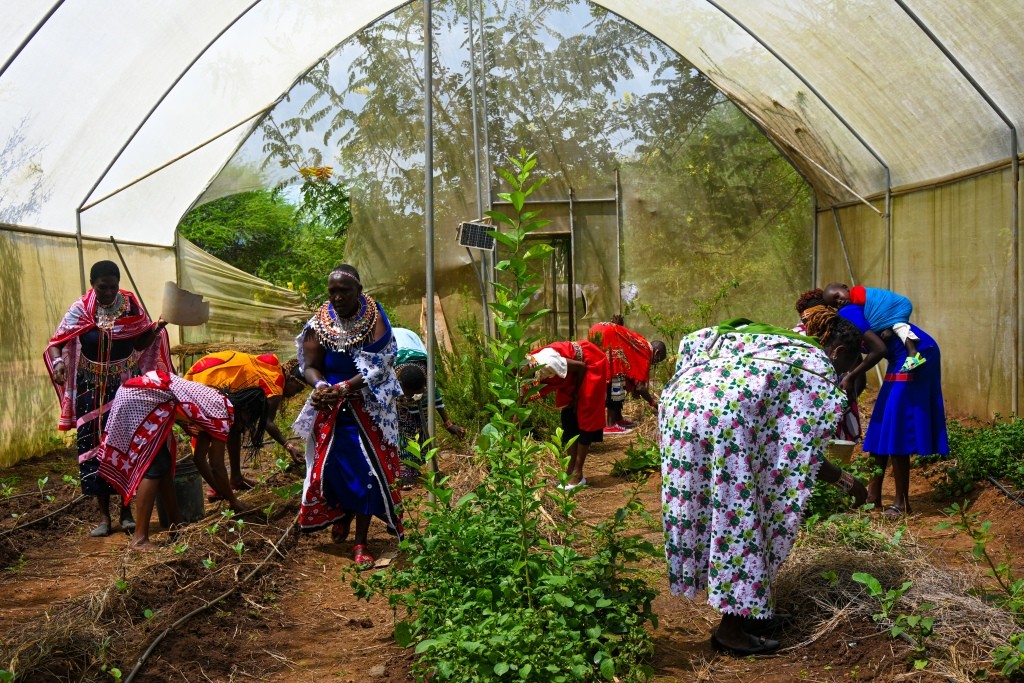
The power of a collective voice
In a deeply patriarchal society, our cooperative gives Maasai women a powerful, collective voice. By working together, we’ve gained a platform to challenge traditional norms and build confidence within our community. The success of our businesses demonstrates that women can be economic leaders, inspiring our daughters to pursue their own paths and empowering all women to find strength in unity.
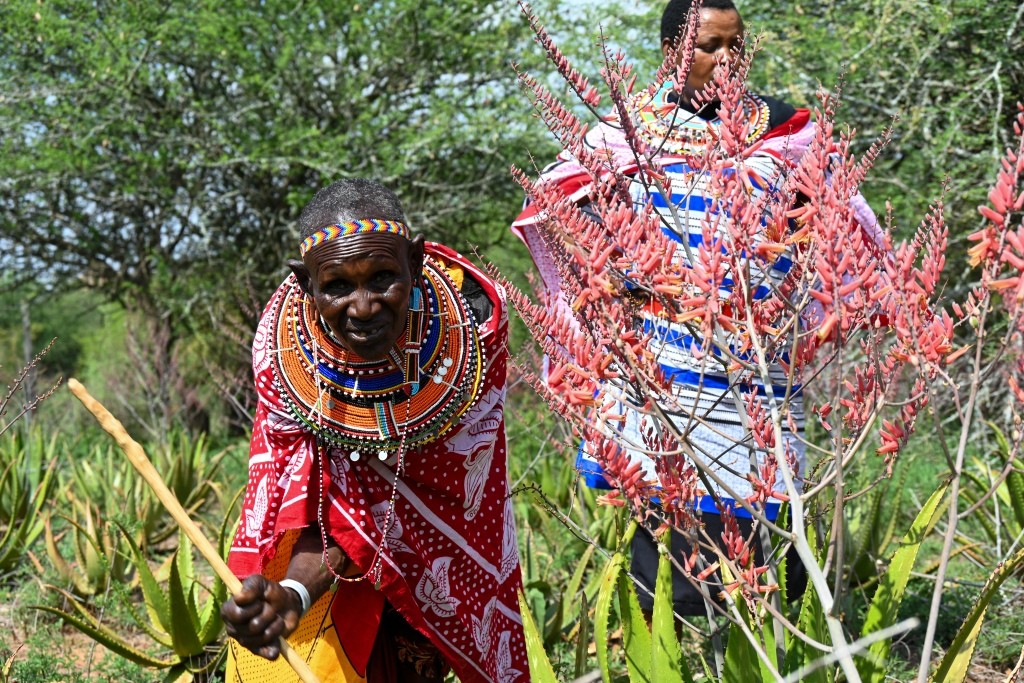
Managing Land Sustainably
Through innovative approaches like “Earth Smiles” and managed grazing, we are restoring degraded rangelands and improving biodiversity. By harvesting and selling indigenous grass seeds, we not only generate income but also help reseed other degraded areas, improving soil quality and increasing forage for both livestock and wildlife.
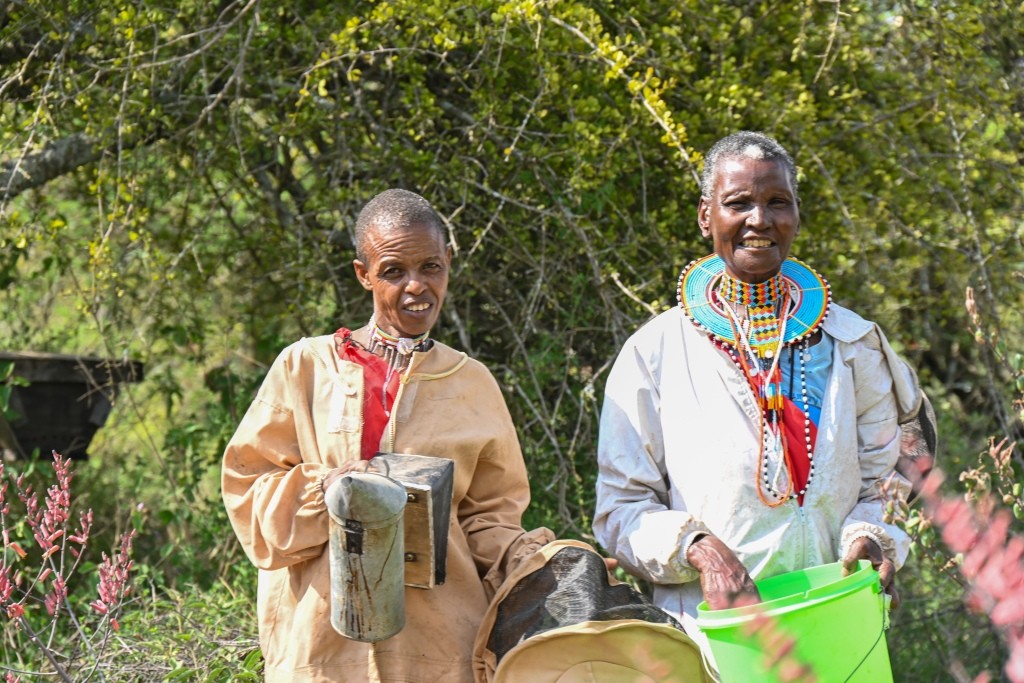
Innovative Food and Income Sources
In response to climate change and drought, we have diversified into new, low-impact ventures. Our cricket-rearing project provides an additional source of income and a protein-rich food source that requires very little land or water. These enterprises move us away from total dependence on livestock, increasing our resilience in the face of a changing climate.
